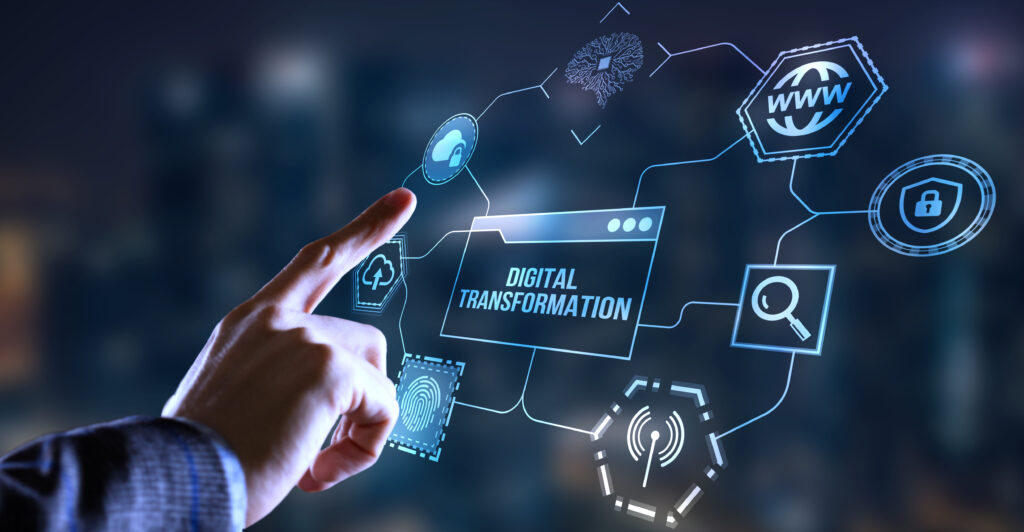Cyber attacks evolve fast and continue to grow in number, unpredictability, scale and sophistication. As we enter 2024, recent predictions show that the top issues impacting the cybersecurity landscape this year are geopolitical conflicts, AI innovations and attacks on cloud-based service platforms.
And the list goes on. Staying informed and knowledgeable has become a herculean task. That’s why we asked our cyber experts to provide a list of must-read books for cybersecurity leaders and teams: to help them gain a deeper understanding of a wide range of cyber topics—from foundational concepts, such as the most common cyber myths and threats, to advanced techniques and insights, like C programming and code debugging from a hacker’s perspective.
Check out our list of recommendations below, which will not only offer valuable insights for cybersecurity professionals, but will also prove useful to other business leaders looking to deepen their understanding of the cybersecurity space.
Cybersecurity First Principles: A Reboot of Strategy and Tactics by Rick Howard
In this book, the author explains why the first principles of cybersecurity are critical to all cyber professionals. He also takes a strategic approach of using modern day examples and issues within the last five to seven years to explain the principles, as well as strategies and tactics cybersecurity teams should adopt to achieve them. It’s a good read for all cyber professionals—from senior leaders to those looking to start their career in cybersecurity. Learn more.
Cybersecurity Myths and Misconceptions: Avoiding the Hazards and Pitfalls that Derail Us by Eugene Spafford, Leight Metcalf and Josia Dykstra
Interest in cybersecurity and cyber attacks has grown exponentially over the last five years, and the lines between hype and reality are getting even more blurred. This is a must-read for cyber professionals seeking an in-depth analysis of more than 175 most common misconceptions and bad practices in cybersecurity; advice for avoiding them; and how to develop a framework to identify emerging cyber risks in this evolving landscape. Learn more.
Foundations of Information Security: A Straightforward Introduction by Jason Andress
Written by a seasoned security professional, this book provides a high-level overview of key information security (InfoSec) concepts. It also includes real-world examples that illustrate the common applications of those concepts. By simplifying complicated topics, this is an insightful introductory read for everyone, particularly newcomers in both InfoSec and cybersecurity. Learn more.
Hacking Exposed 7: Network Security Secrets and Solutions by Stuart McClure, Joel Scambray and George Kurtz
With expert advice and strategies from cybersecurity industry leaders, the book offers practical solutions for tackling the latest attack methods by malicious actors. The authors also explain and promote a team-oriented style of learning and winning, which is much needed for today’s cybersecurity teams. Learn more.
Hacking: The Art of Exploitation by Jon Erickson
This highly recommended read is well-suited for those tasked with protecting their organization’s system from hackers. The book purports that to effectively fix, mitigate and prevent cyber attacks, cyber professionals need to know exactly how exploitations work. The book is very technical, and includes an introduction to the fundamentals of C programming from a hacker’s perspective and a complete Linux programming and debugging environment that readers can use to follow along with the book’s examples. Learn more.
Keeping Cybersecurity Simple by Tommy Lorenzo
As the title suggests, this book gives readers an accessible, friendly introduction to cybersecurity. Learn about real-world cyber threats, their effects and ways cyber teams can safeguard their organization’s system against bad actors. This is an ideal read for those new to cybersecurity practices and concepts. Learn more.
Sapiens: A Brief History of Humankind by Yuval Noah Harari
A #1 international bestseller, Sapiens takes a deep dive into humanity’s creation and evolution through the lens of history and science, while also offering thought-provoking theories into what our future could look like. Though not a cyber-specific book, it’s a valuable read for cyber leaders because, as one Dataminr cyber expert said, “It is impossible to build and manage effective cybersecurity programs without understanding how people behave—and how to influence that behavior.” Throughout the book, readers will be able to sharpen their understanding of human cognition and behavior, thus improving their ability to lead their own cyber organization. Learn more.
The Coming Wave: Technology, Power, and the Twenty-first Century’s Greatest Dilemma by Mustafa Suleyman
Today’s rapid AI advancements both benefit and pose threats to our everyday personal and business life. Its effect on cybersecurity is a prime example. The authors argue that, in the coming decade, our society will be defined by AI and other fast-developing technologies. Although not deemed a cyber book, this is a great foundational read that helps business leaders and cyber professionals formulate thought processes for assessing the significant impact of AI and new technologies on cybersecurity. Learn more.
Thinking, Fast and Slow by Daniel Kahneman
This book explores how our thinking and judgment are affected by tense and stressful situations—something that cybersecurity analysts face all the time. According to the author, by understanding our cognitive process, we can learn the right techniques to help us make better decisions—both in our personal and business lives. As one Dataminr cyber expert said, “These concepts have been very influential in shaping my own principles of how to design products for cybersecurity analysts.” Learn more.
As 2024 unfolds, we hope this curated list of must-read cyber books will help you navigate the ever-evolving landscape of cyber threats and protect your business against them.

Dataminr Pulse for Cyber Risk
Learn how Dataminr Pulse for Cyber Risk helps organizations ensure they don’t miss a cyber attack.
Learn More


